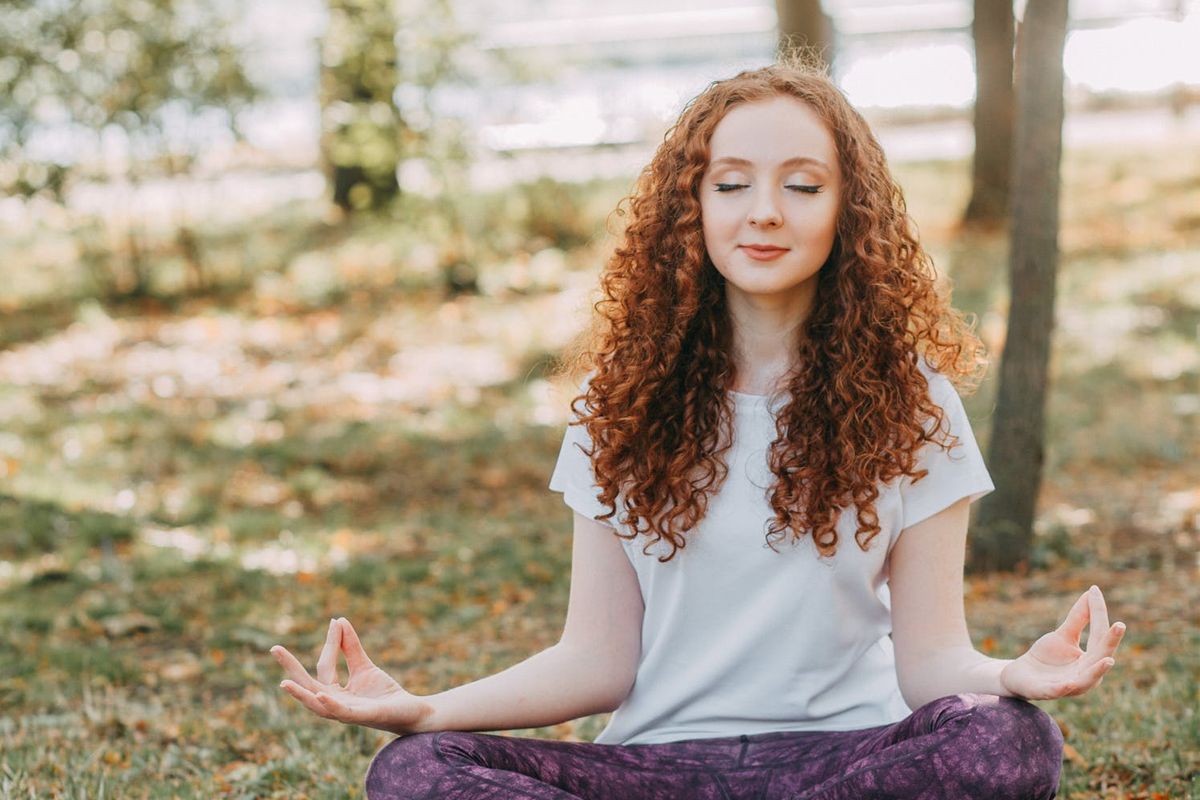Caring for mental health during the COVID-19 crisis
 As of Friday afternoon, 42 states have issued stay at home orders to flatten the curve and help prevent the spread of COVID-19. Stay at home orders require all non-essential business to close and their workers to stay home and practice social/physical distancing and self-quarantine to mitigate the spread of COVID-19.
As of Friday afternoon, 42 states have issued stay at home orders to flatten the curve and help prevent the spread of COVID-19. Stay at home orders require all non-essential business to close and their workers to stay home and practice social/physical distancing and self-quarantine to mitigate the spread of COVID-19.
Social distancing is the practice of maintaining a 6-foot radius from anyone around you and limiting your participation in groups or gatherings. Self-quarantine is when healthy individuals separate themselves from others to avoid contracting a disease and monitor if symptoms develop, while self-isolation is when sick or infected individuals separates themselves to avoid spreading a disease.
Historically, these practices have been successful in slowing the spread of disease and preventing local health facilities from becoming overwhelmed: however, it is important to acknowledge the impact that social distancing practices can have on mental health.
The threat of an invisible enemy such as the Coronavirus can generate feelings of uncertainty and isolation that manifest into anxiety and depression. Throughout this crisis it is important that individuals focus on their mental health as well as their physical health. By utilizing positive coping mechanisms, individuals can help mitigate psychological distress as they promote safety for themselves, their loved ones, and their community.
Limiting Exposure to the News
The constant media coverage of COVID-19 can cause severe anxiety and lead to increased feelings of fear and uncertainty. Limit your exposure to the news by only allowing yourself 30 minutes of news in the morning and evening. Allow yourself enough time that you stay current on the news and local happenings of the day but are not overwhelmed with content. If you find that exposure to the news is negatively impacting your mental health, limit your time on social media. To stay up-to-date on the virus, check the CDC’s website once a day for any new guidance.
Stay Connected to Friends and Loved Ones
While efforts to “flatten the curve” and mitigate the spread of COVID-19 require individuals to be physically distant, you can stay connected through email, phone/video calls, and text messaging. Technology and social media allow everyone to stay connected from the comfort and safety of their homes. Schedule a group video chat with friends, or play online games together. Staying connected helps ease feelings of loneliness and is a reminder that we are all in this together.
Develop a routine
Stay at home orders and social distancing has significantly altered our daily routines and it is important to create a structure that mirrors your usual routine. When working from home have a dedicated office space that allows for minimal distractions and helps you get in the work mindset. Continue your morning rituals and don’t stay in your pajamas all day to avoid feeling sluggish. If you are not currently working, create goals for yourself such as completing home improvement or craft projects. Goals and projects can help you feel accomplished and motivated during self-quarantining.
Practice Mindfulness
Mindfulness is the therapeutic practice of clearing the mind and focusing your awareness on the present moment to ease mental tension. This is often attained though focused breathing exercises and meditation. YouTube has videos on meditating at home that can help clear the mind and ease anxiety. Mindfulness and meditation can provide relief from anxiety and stress caused by social distancing. Just 15 minutes of meditation helps improve mental health.
Get Active
Physical activity significantly improves mental health and wellbeing. Something as simple taking a walk or a quick at-home workout can reduce anxiety and depression and improve self-esteem. To help individuals stay active some gyms are offering online classes that participants can follow along with at home. It’s never too late to tackle that new year’s resolution and work on getting your mind and body in shape (and your doctor says it’s safe to do so).
Take Care of Yourself
Practice positive self-care by doing activities that make you feel good whether it be treating yourself to a bubble bath or picking up a good book. Eating healthy and getting plenty of sleep are also activities that can improve mental health. Books, puzzles and other forms of self-care could help you navigate this crisis in a healthy and positive way.
Below are additional resources for improving mental health during the COVID-19 crisis:
- CDC guidance coping with stress and anxiety
- Disaster Distress Helpline
- Guidance from the American Psychological Association
- Information from the National Alliance on Mental Health




